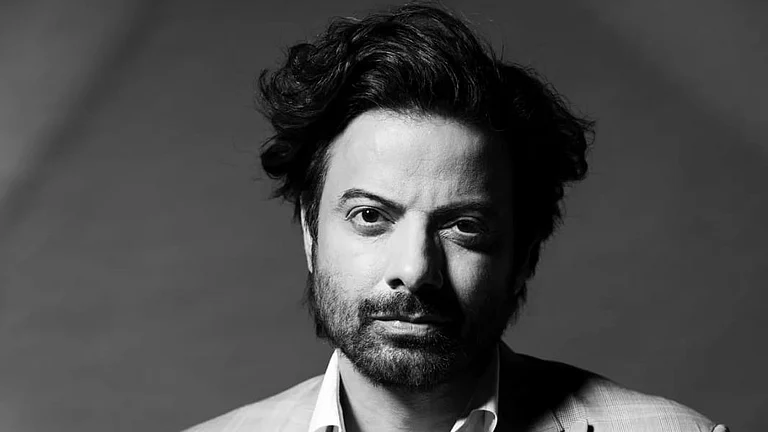As the Centre on Friday constituted a committee headed by former president Ram Nath Kovind to explore the feasibility of "one nation, one election", the decision opened the possibility of conducting the Lok Sabha polls with a string of state assembly elections awaited this year..
In view of the aforementioned possibility, two former chief election commissioners today expressed their views and said that the idea of having synchronised polls to Lok Sabha and state assemblies was good but a legal framework and roadmap are must to ensure a smooth conduct of the gigantic exercise.
What did former CEC Quraishi say?
When asked about the merits and demerits of the simultaneous election process,former Chief Election Commissioner S Y Quraishi was heard saying, "Talks about one nation, one election have been going on since last 10 years. It has a few merits and demerits as well. It is said that holding elections frequently results in huge expenditure and normal development activities are also affected," says
"The festival of democracy is the festival of the poor as the vote is arguably the only power they have," said S Y Quraishi, who headed the poll panel between July 30, 2010 and June 10, 2012.
Quraishi was of the view that till the debate reaches any conclusion, alternative solutions to curtailment of money and election time must be urgently considered.
Former CEC O P Rawat on simultanous election
O P Rawat, who was the CEC between January 23, 2018 and December 1, 2018 said, "It is possible and could be done. All you need is to make a roadmap and work accordingly. All political parties should come on board on this as amendments won't be possible without their support."
He further explained that if all the parties are not on board, then it would send a wrong message to the people and they will be suspicious about it.
Rawat recalled that when the poll panel was asked about simultaneous polls, it had informed the government that 'One nation, One election' had happened in 1952, 1957, 1962, 1967.
"So it had happened and it is possible that it could be done again. Secondly, the Election Commission informed that in order to synchronise it again some amendments need to be done in the constitution and Representation of the People Act, 1951.
"Also, more funds need to be allotted for EVMs and the deployment of paramilitary forces during elections needs to be increased. If these things happen then it would be feasible to conduct 'One nation, One election'," he said.


























